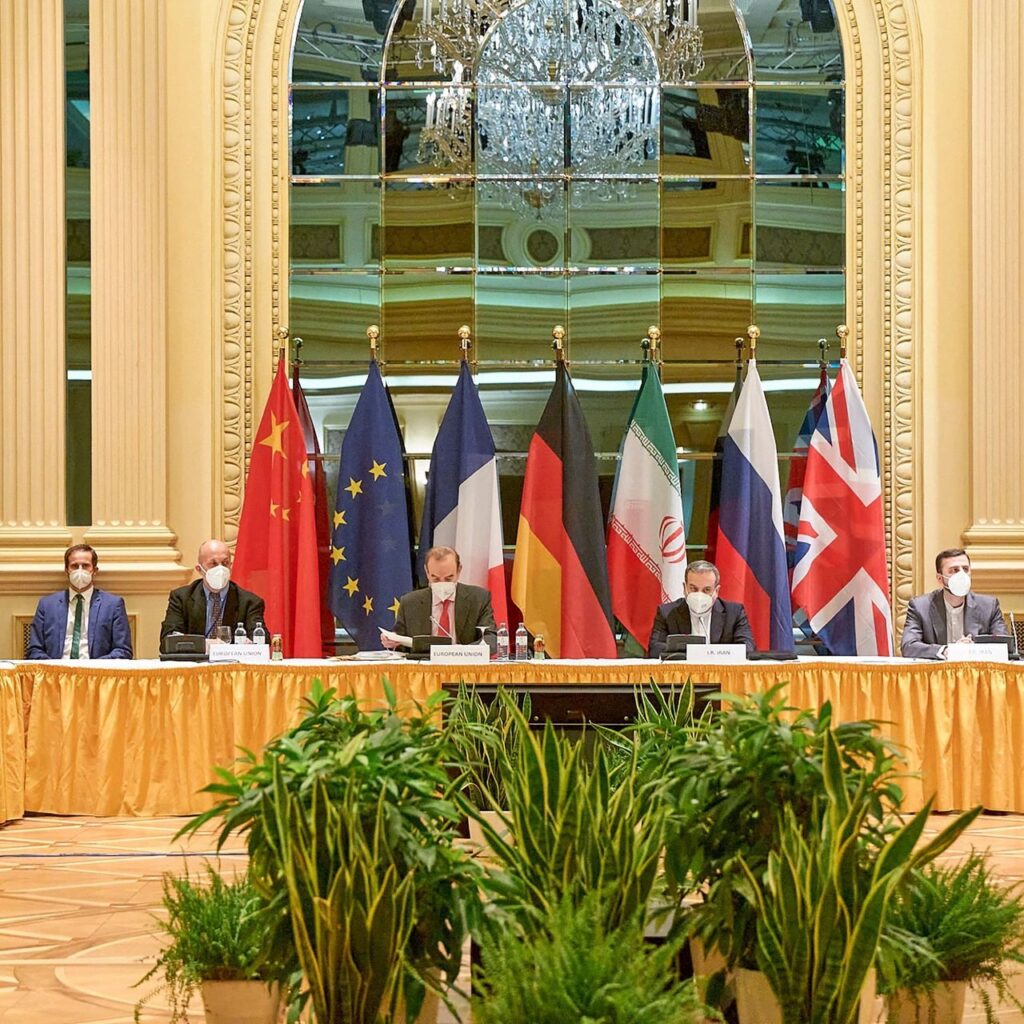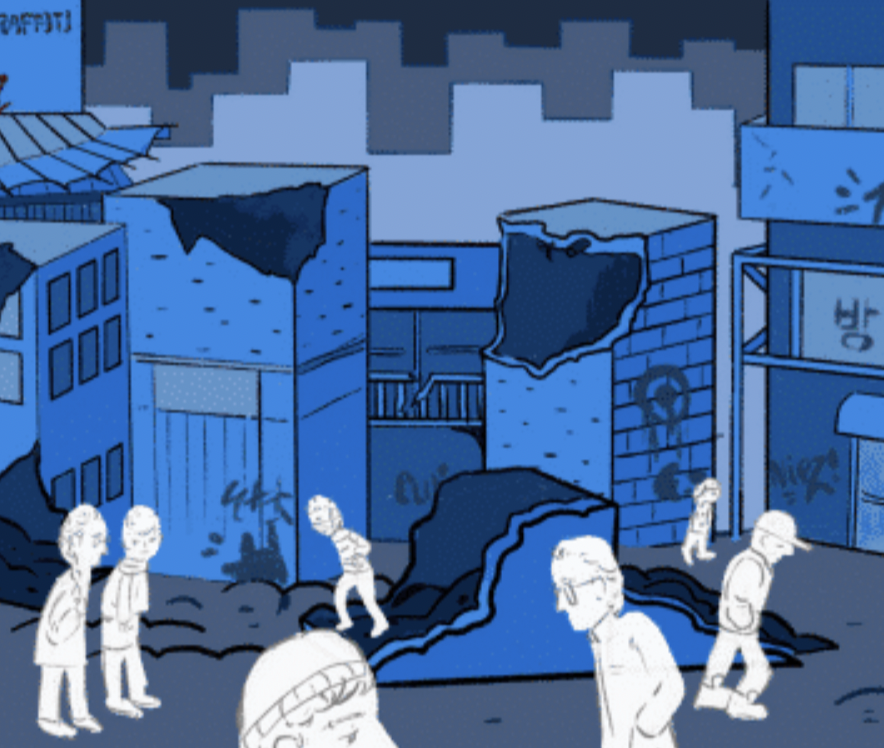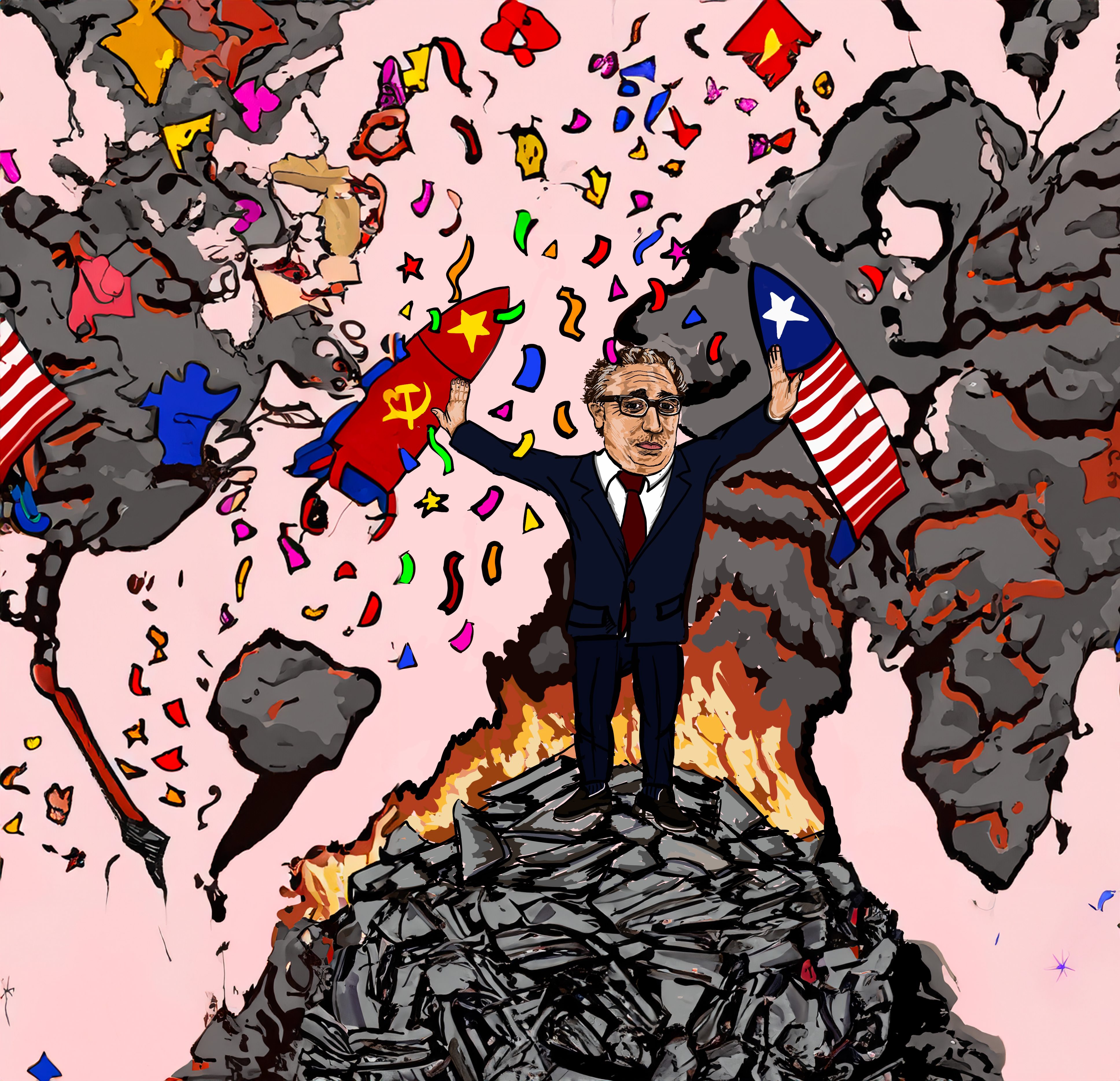
The state of nuclear diplomacy has changed with each administration, determining the fate of geopolitics. Photo courtesy of The Wall Street Journal.
On October 27, Iran announced it will resume talks regarding nuclear weapons before the end of November – an essential step towards global safety. Iran’s top negotiator and diplomat, Ali Bagheri, said on Twitter that Iran agreed to restart the conversation surrounding the revival of the 2015 nuclear deal after “very serious and constructive dialogue” with Enrique Mora, a European Union negotiator. Bagheri wrote that the exact dates for the new negotiations would be announced within a week. However, he did not say which countries would be attending, leaving the question as to whether the United States, which has been at odds with Iran in recent years, would be participating.
The 2015 nuclear deal, negotiated by the Obama administration, called for Iran to limit its uranium enrichment for 15 years in exchange for the U.S. lifting devastating economic sanctions. In 2018, former President Donald Trump P’00 withdrew the U.S. from the nuclear deal by re-imposing sanctions, prompting Iran to restart its uranium enrichment program.
After Ebrahim Raisi, a won the Iranian presidential election in June, negotiations between Iran and the U.S. stopped. Raisi promised a tougher stance toward the west and would only move forward with the nuclear deal if the U.S. first removed President Trump’s sanctions.
There was no immediate response from the Biden administration, which has attempted to re-enter the accords. However, there are individuals in the U.S. government who question Iran’s sincerity. “Seems like the most laughable delay tactic ever,” a senior Democratic congressional aide said. “Dragging these dead-end talks while they ratchet up their activity is a win-win for them.”
On the other hand, other staffers, such as Eric Brewer, Deputy Director of the Project on Nuclear Issues at the Center for Strategic and International Studies in Washington, D.C., believe that Iran’s new offer is an ideal opportunity for the U.S.. Agreeing to the negotiations would “take the wind out of the sails about talk of a ‘plan B,’” he said, which refers to the U.S. not re-entering the accords and finding new ways to choke Iran’s nuclear program.
In order to safely negotiate tensions between both sides, certain misperceptions need to be corrected. The Biden administration views Iran as it would any rival negotiating partner, while Iran views itself as the victim. However, if both parties fail to change their current stances on the issue when talks resume, negotiations would inevitably result in a deadlock. The Biden administration would face pressure to use former President Trump’s policy of “maximum pressure,” which the Biden administration has characterized as a massive failure.
To break the deadlock, both sides should take a step back. Iran has no reason to reject future diplomacy, especially since those negotiations could potentially help address Iran’s concerns regarding sanctions. Similarly, the U.S. would be remiss to waste an opportunity to restrain Iran’s nuclear program. In addition to nuclear talks, the Biden administration should continue to encourage conversation between Iran and its neighboring countries. This already began with the Iraqi government as it hosted three rounds of negotiations between Iranian and Saudi officials, as well as a recent summit. These talks could result in a sustainable security structure in the Persian Gulf region.
Addressing these issues to get the discussions moving forward is far from easy. However, the U.S. and Iran should be focusing on alternative methods if both are willing to move forward, especially since the meeting in November could be the last chance to save a deal that is preferable to the costly alternative. Global safety and security rests largely on nuclear diplomacy and a potential nuclear deal is a step that could get us closer to global peace.




